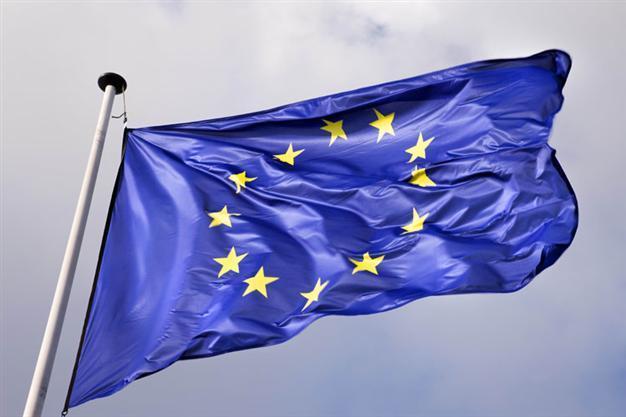EU agrees to open new chapter with Turkey, talks expected to start in October
LUXEMBOURG / ANKARA

The European Union has agreed to open a new chapter with Turkey but postponed negotiations until after the presentation of the annual progress report in October.
Ireland, which currently holds the rotating EU presidency, said EU ministers agreed to resume membership talks with Turkey after a three-year break, but that a date to kick off the negotiations would be announced in the autumn.
European Affairs ministers meeting in Luxembourg “agree to open Chapter 22,” an Irish statement said, referring to one of 35 sets of EU rules and regulations that candidates to membership of the bloc must satisfy before gaining entry to the European club.
Foreign Minister Ahmet Davutoğlu praised the decision and said there would be no delay under any circumstances. “This is the right step in our relations which have been going through tough times. Chapter 22 has been opened. This matter is over,” Davutoğlu told reporters in Ankara. When asked about the decision, Prime Minister Recep Tayyip Erdoğan said: “That’s what we expected.”
The opening of negotiations on Chapter 22 was originally planned to kick off today in Brussels, but Berlin, backed by the governments of Austria and the Netherlands, blocked the plan citing concern over Ankara’s crackdown on the Gezi protests.
Davutoğlu: Open 23 and 24“We agreed with German Foreign Minister Guido Westerwelle on a text that declared the opening of Chapter 22 on regional policies,” Davutoğlu said, adding that further procedures and technical meetings would be announced in the coming days. The top diplomat said they also expected from the bloc to open Chapter 23 and 24, which are very important for human rights and other freedoms.
The Turkish Foreign Ministry also welcomed the decision and said the step was positive but insufficient for Turkey-EU relations, which have been strained recently.
EU Minister Egemen Bağış, who had accused German Chancellor Angela Merkel last week of blocking the new chapter because she was looking to score domestic political points ahead of upcoming elections, said the decision was a normal development, not an extraordinary one.
Negotiations are now expected to kick off in the autumn, probably in October after the German elections on September 22 and after the release of annual progress reports by Brussels on reform within EU candidate nations.
The EU has given a cautious welcome to the decision. European Commissioner for Enlargement and European Neighborhood Policy Stefan Füle said he welcomed the agreement. The Council of Europe Secretary General Thorbjorn Jagland said: “l am very glad to hear the EU decided to open new chapter in the negotiation with Turkey,” he told reporters in a joint press conference with Davutoğlu in Ankara.
Austrian Foreign Minister Michael Spindelegger backed the idea of giving Turkey “a certain amount of time in which we can have a look at human rights, freedom of speech.”
‘Slowest accession process’“We are a community of values,” he said. “You can’t stick the knife in countries like Egypt but not criticize an EU candidate country.”
Turkey began accession talks in 2005 but so far has agreed with the EU only one of 35 chapters needed to gain entry into the EU. Swedish Foreign Minister Carl Bildt said he saw “no reason” to delay the accession talks until after the German polls.
“German elections are a good thing, but it cannot be an excuse for postponing everything else in Europe,” he told Agence France-Presse. Turkey’s accession “is the slowest accession process in the history of the European Union, and there hasn’t been a chapter opened for years. I think this is an extremely important time to engage with Turkey. We want to influence events in Turkey, we don’t want to walk away from Turkey,” he said.
Luxembourg’s Foreign Minister Jean Asselborn said it was vital for the EU to maintain relations with Turkey while clearly criticizing the crackdown on the protests. “We need to think less about the government than about the Turkish people,” he said. “Millions of people in Turkey hope that the EU continues to put pressure” on the government.
 The European Union has agreed to open a new chapter with Turkey but postponed negotiations until after the presentation of the annual progress report in October.
The European Union has agreed to open a new chapter with Turkey but postponed negotiations until after the presentation of the annual progress report in October.